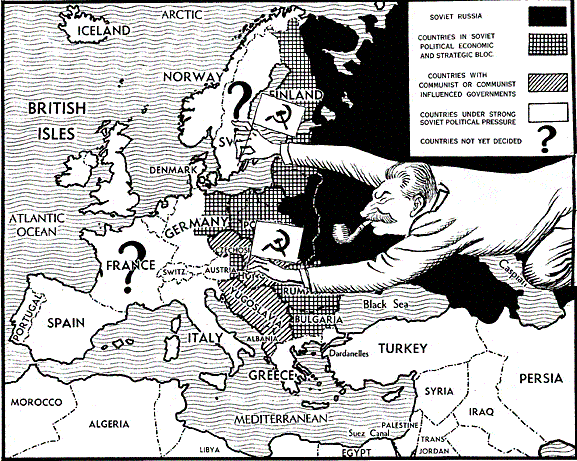"Liberation? Strange word."
The aftermath of World War Two
Most European countries draw significant aspects of their current-day identity from the Second World War and its aftermath. Many owe the very shape of their borders and the composition of their populations to it. They continue to feel trauma, take pride in victories, draw shame from guilt or grapple with the uncomfortable grey zones. The resulting debates over national memories can be deeply acrimonious. Ultimately, nothing less than each country’s self-image is at stake.
The months and years after the defeat of Nazi Germany play a particular role in this. The sheer violence engulfing the continent was on an unimaginable scale long after military fighting had ceased. Rape, murder, theft, pogroms and other horrific atrocities were commonplace, unmitigated violence thriving in a climate of despair, displacement and trauma. For many people, the end of the war did not bring freedom but further death and oppression.
This week, I spoke at a conference in Prague about German memory culture. Other scholars discussed their countries, from Russia, Hungary and the Baltics to the Czech Republic. I was particularly intrigued by the question of how the end of the war is remembered across Eastern Europe.
Was 1945 a moment of ‘liberation’ or further ‘occupation’?
Keep reading with a 7-day free trial
Subscribe to ZEITGEIST to keep reading this post and get 7 days of free access to the full post archives.


